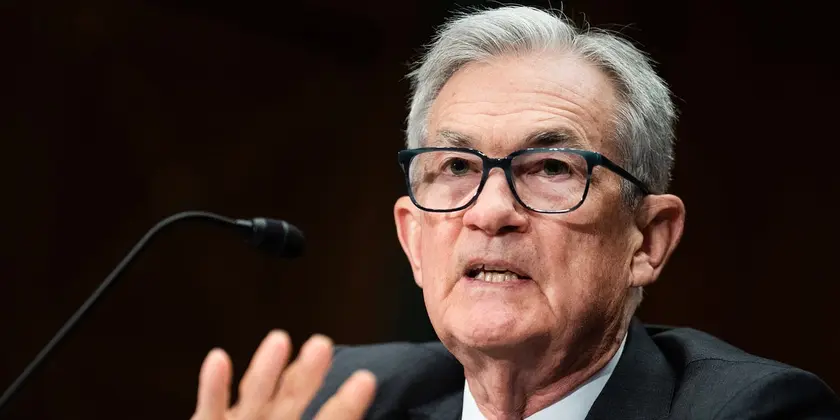T4K3.news
Fed chair decision under political lens
Trump weighs a new Fed chair as Powell's term ends, shaping policy independence and market expectations.
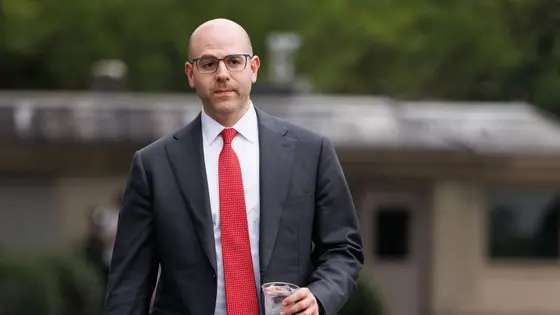
The piece analyzes how Trump is vetting a potential Fed chair while keeping Miran on the board, signaling a more consequential political act ahead.
Trump Plans a High Stakes Fed Chair Pick
President Donald Trump recently nominated Stephen Miran to a vacant spot on the Fed’s Board of Governors, a stopgap move that requires Senate confirmation. The bigger task remains the selection of a new Fed chair, with Jerome Powell’s term expiring in May and Trump signaling a desire for more control over policy. Reports say the White House has shifted away from Treasury Secretary Scott Bessent and is weighing options that include former Fed governor Christopher Waller and Republicans Kevin Warsh and Kevin Hassett, with former St. Louis Fed president James Bullard recently added to the list.
Waller has gained ground after dissenting on a rate hold, a move that some see as aligning with a more aggressive stance on policy. Warsh has argued tariffs will not spark inflation, a stance that resonates with Trump’s tariff strategy. Hassett remains a loyalty-driven favorite for some in the White House, while Warsh’s personal connections to the Trump circle also matter in the calculus. The evolving list shows Trump balancing market signals, ideological alignment, and a preference for loyal advisers as he eyes a chair who could influence the central bank’s path.
Key Takeaways
"Tariffs are one-off increases in the price level and do not cause inflation beyond a temporary increase."
Waller's dissent on tariffs and inflation.
"The two Kevins are viable, but Waller might be the market's choice."
Market perception of the chair contenders.
"Trump probably feels like he can trust Hassett."
Loyalty factor in candidate selection.
"Independence remains the central question for any Fed chair."
Core theme of the chair debate.
The selection process exposes a tension between political control and central bank independence. The Fed is designed to be insulated from political cycles, yet the president seeks a chair who can translate his policy priorities into credible forward guidance. If Waller or another candidate wins, markets will closely watch rate paths and tariff implications. If the choice tilts toward a more policy-driven voice, it could alter inflation expectations and financial conditions in ways that either support or unsettle the administration. The risk is a perception that policy is driven by politics rather than data, inviting public criticism and investor volatility.
Highlights
- Tariffs are one-off increases in the price level and do not cause inflation beyond a temporary increase.
- The two Kevins are viable, but Waller might be the market's choice.
- Trump probably trusts Hassett and this loyalty matters.
- Independence remains the central question for any Fed chair.
Political and market risk in Fed chair selection
The Fed chair selection blends politics, market expectations, and inflation concerns. This raises potential backlash from critics and volatility for investors as signals about rate paths and tariffs could shift quickly.
The coming decision will reveal how far politics will shape the central bank in the years ahead.
Enjoyed this? Let your friends know!
Related News
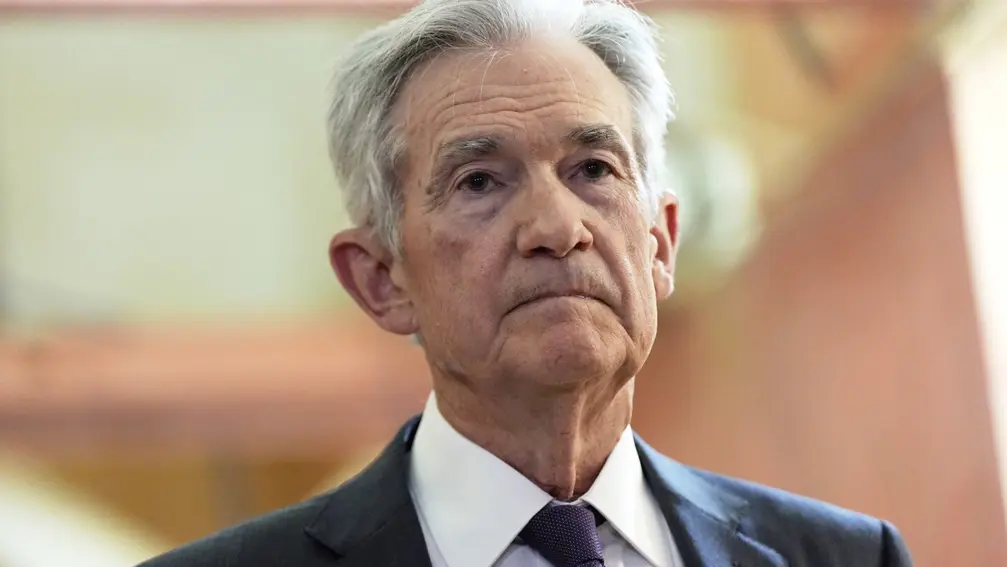
Potential dissent at the Fed may signal policy shifts
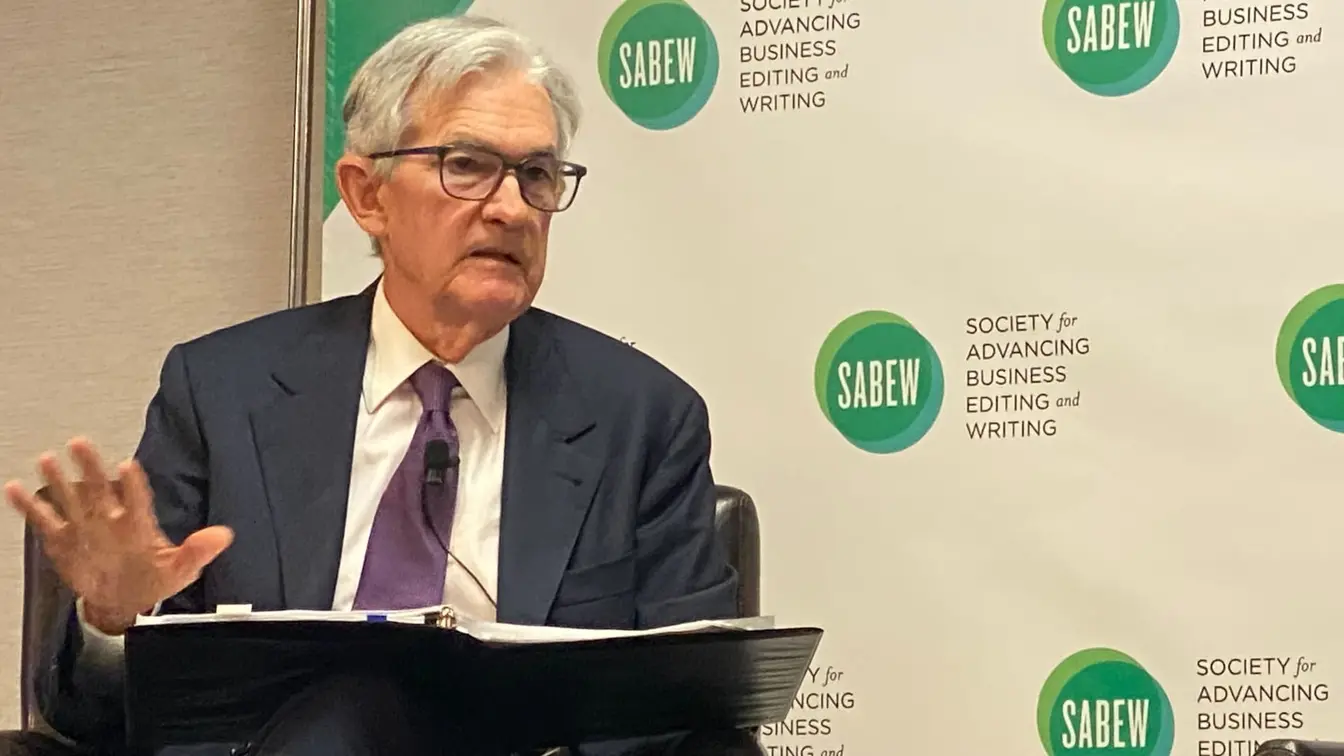
Federal Reserve Chair reaffirms independence
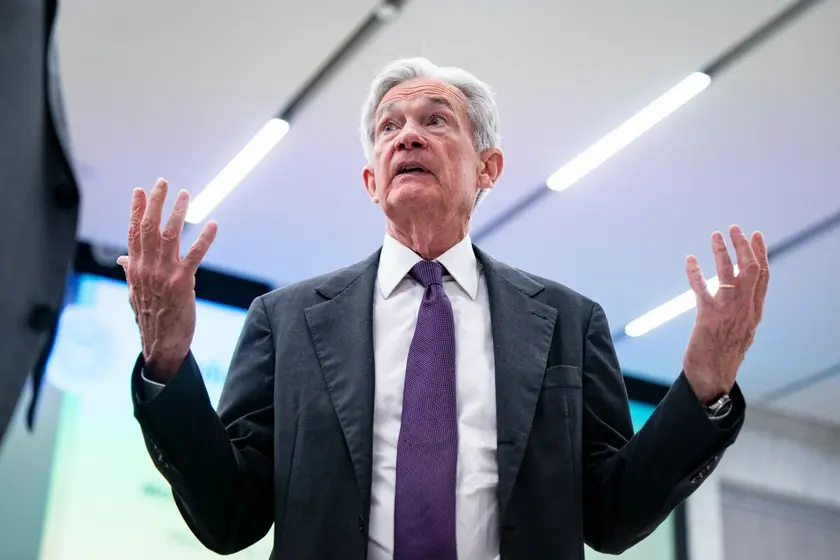
Federal Reserve Meeting Highlights Political and Economic Crosswinds
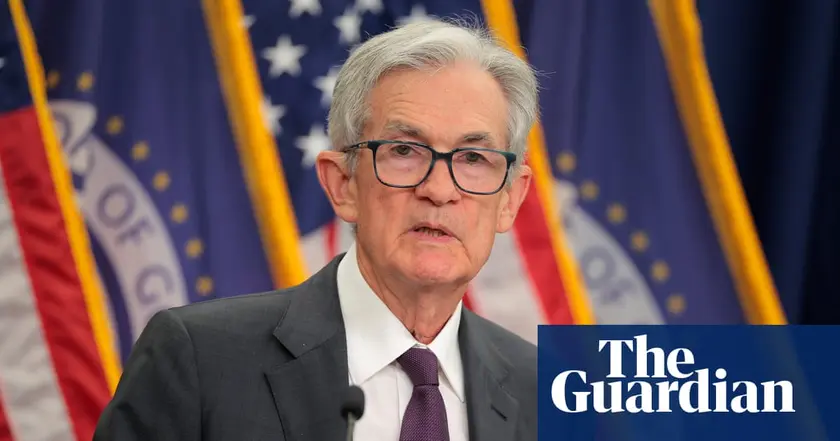
Trump escalates Fed criticism amidst economic turmoil
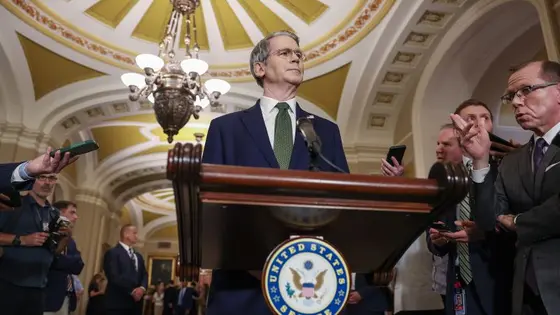
Trump announces Scott Bessent out for Fed chair
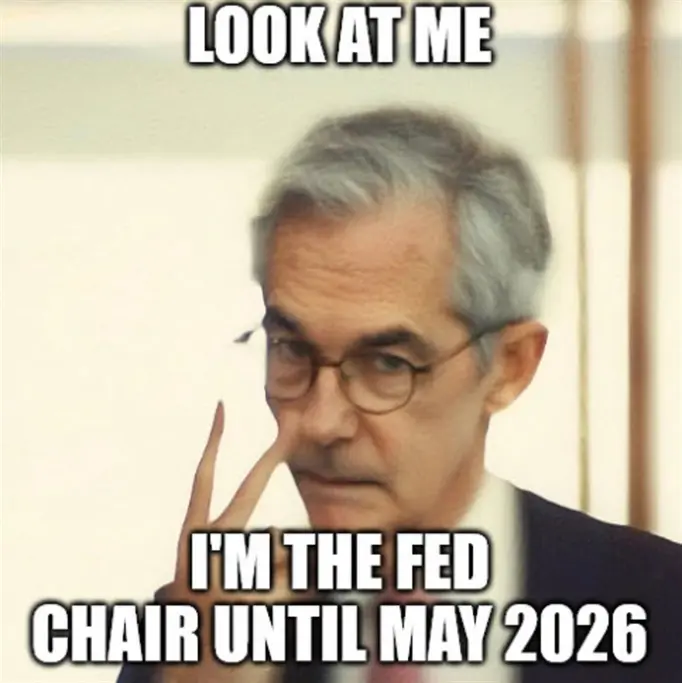
Trump's influence on Fed policy may be limited
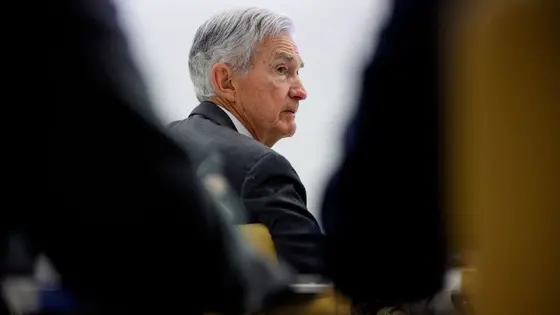
Calls grow for Powell to resign over Fed independence
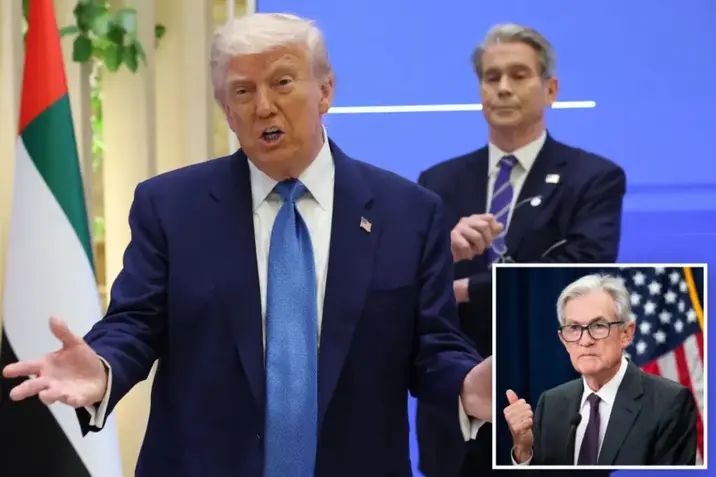
Trump removes Bessent from Fed chair consideration
